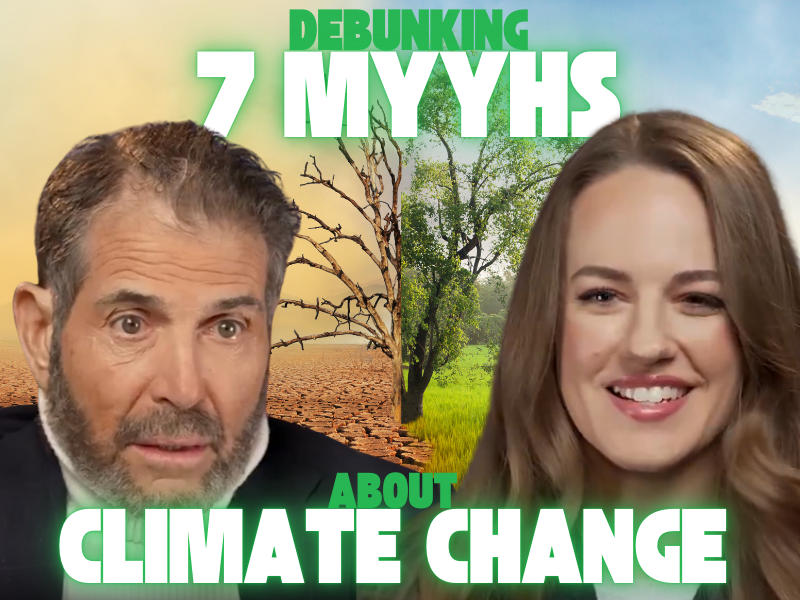In a major policy reversal, the U.S. Environmental Protection Agency (EPA) announced it was ending its “Once-in-Always-in” (OIAI) policy on pollution sources.
Since 1995, EPA has interpreted the 1970 Clean Air Act (CAA) to require large emitters of hazardous air pollutants to be treated as major sources of pollution even after they have taken actions to reduce emissions below the levels required by law. Under the CAA, a “major source” is a facility that emits or can potentially emit 10 tons of a single hazardous air pollutant per year or a combined 25 tons or more of multiple pollutants per year.
Under the new policy, facilities classified as “major sources” may be reclassified as “area” sources, enjoying less strict emissions standards, when they limit or reduce their potential to emit regulated pollutants below major-source thresholds.
In an EPA press release announcing the January 25 policy change, the agency said the old policy hampered innovation and environmental improvement.
“The ‘once in always in’ policy has been a longstanding disincentive for sources to implement voluntary pollution abatement and prevention efforts, or to pursue technological innovations that would reduce hazardous air pollution emissions,” the statement said. “States, state organizations, and industries have frequently requested rescission of this policy. … [T]oday’s EPA action is an important step in furtherance of the president’s regulatory reform agenda while providing a meaningful incentive for investment in hazardous air pollution reduction activities and technologies.”
‘Unfair and Patently Absurd’
Jay Lehr, Ph.D., science director at The Heartland Institute, which publishes Environment & Climate News, said EPA’s policy change was a matter of fairness.
“This decision to eliminate the ‘once in always in’ rule should not be questioned by anyone with an ounce of common sense,” said Lehr. “The idea that because your facility was once out of compliance will mean stringent oversight forever is unfair and patently absurd.
“That is no different from forbidding someone who failed their Certified Public Accountant exam once from ever being able to retake it and prove their competence,” Lehr said.
Says Activists’ Influence Is Waning
Environmental activist groups such as the Natural Resources Defense Council (NRDC) released statements saying EPA’s OIAI decision endangers the public health. Lehr says the complaints are just a sign of the activists’ waning influence over EPA.
“From the environmental lobby’s perspective, OIAI was a great rule,” Lehr said. “EPA has been run like a wholly owned subsidiary of zealots like the Sierra Club and NRDC for decades, with the intent of impeding industrial progress and development.
“Under President Donald Trump and EPA Administrator Scott Pruitt, this is changing,” Lehr said. “Thus it’s no wonder environmental groups are in a tizzy. The Trump administration has overturned 29 unnecessary regulations, reduced the impact of 24 others, and placed 17 on hold while they are reviewed for efficacy. That’s huge!”
Matt Kelly ([email protected]) writes from Dallas, Texas.




